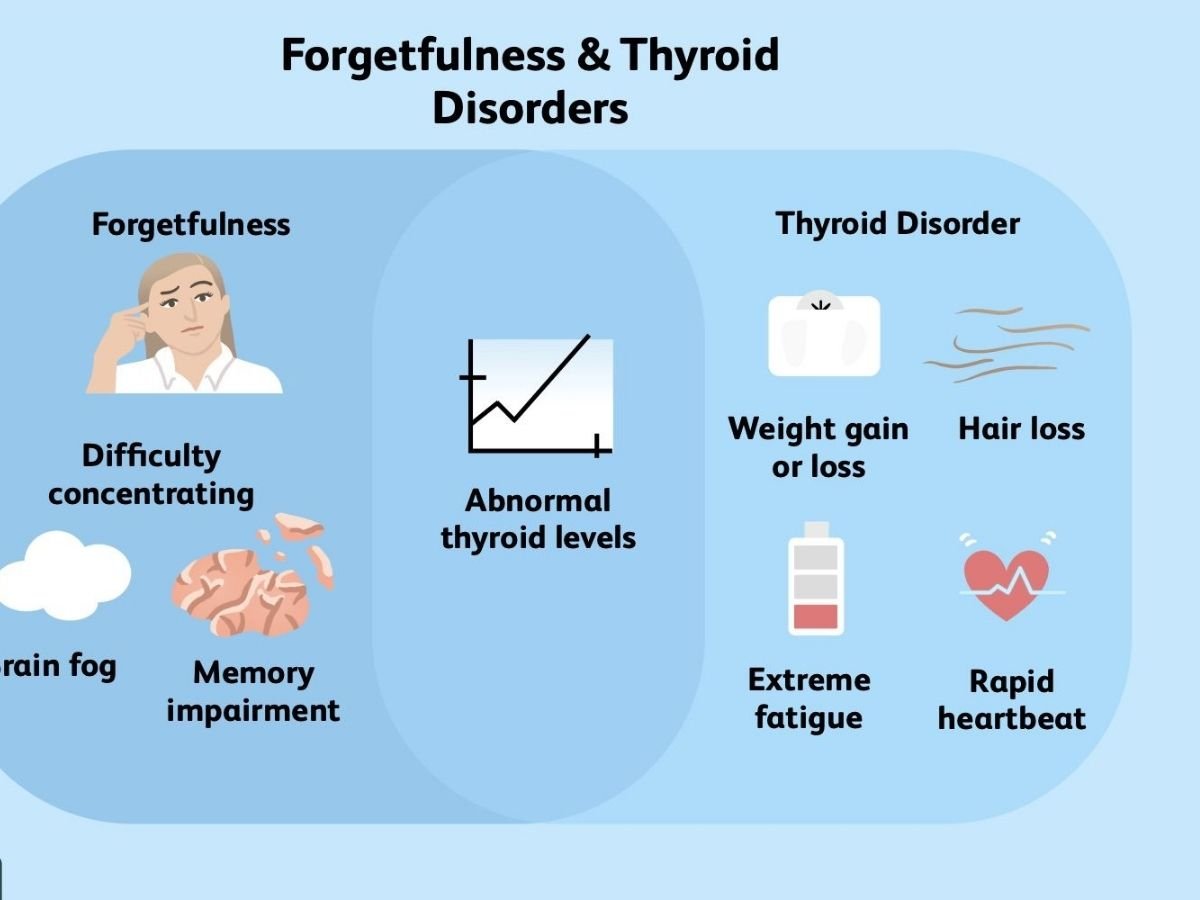A study led by McMaster researchers discovered that regular cycling can significantly improve mobility in patients with myotonic dystrophy (MD), a genetic disease that causes muscle degeneration.
Cycling for 35 minutes three times a week for 12 weeks resulted in a 32% increase in overall fitness in people with MD, according to senior author Mark Tarnopolsky.
Patients who participated in the study also saw a 1.6-kilogram increase in muscle mass and a 2% reduction in body fat. When researchers tested them at the end of the 12-week trial, they were also able to walk an additional 47 metres in six minutes.

Tarnopolsky’s team enlisted the help of 11 MD patients to see how effective cycling was at restoring and maintaining their physical health. Researchers also investigated the molecular mechanisms by which exercise strengthens the skeletal muscles, which can be severely weakened by MD.
“Exercise truly is medicine — we just need to get the message out,” says Tarnopolsky, a paediatrics and medicine professor.
“Myotonic dystrophy is a progressive condition that impairs mobility and may require you to use a wheelchair.” There is no cure, and only regular exercise helps patients achieve better function, according to Tarnopolsky.
“MD is really a form of accelerated ageing,” he claims.
Some MD patients are even advised by their doctors not to exercise for fear of aggravating their condition, but this has now been proven false, according to Tarnopolsky.
Previous research on mouse models revealed a variety of similar physiological benefits from regular exercise, according to the study’s authors.
According to Tarnopolsky, MD is the most commonly diagnosed type of muscular dystrophy in adults and the second most common of all muscular dystrophies.

The most common symptoms of MD are severe skeletal muscle atrophy, general muscle weakness, reduced lung capacity, and impaired heart function. Cataracts, endocrine disorders such as diabetes, and gastrointestinal problems are all possible symptoms.
According to Tarnopolsky, approximately 19,000 Canadians have MD or another type of muscular dystrophy.
The Canadian Institutes of Health Research provided external funding for this study.








































